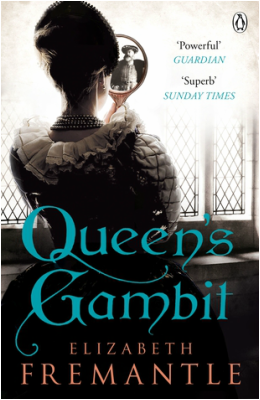 We all know that you can wait a hour for a bus and then three come along at once, but this seems to also apply to characters in historical novels. The particular character I have in mind, due to a personal interest, is Tudor Queen Katherine Parr, about whom there have been three very different fictional explorations in as many years. In 2013 I published my novel QUEEN'S GAMBIT, which focuses on Parr's role as not only a royal wife but a political operator and flawed but canny survivor, last year there was CJ Sansom's acclaimed LAMENTATION, a thriller which places Parr's controversial and dangerous text, Lamentation of a Sinner, at the heart of a mystery and this year Philippa Gregory's THE TAMING OF THE QUEEN explores Parr's marriage to Henry VIII. There are probably many reasons for a single figure to become the focus of such attention and in this case it is likely that some very good recent historical scholarship such as Linda Porter's excellent biography of 2010, KATHERINE THE QUEEN: THE REMARKABLE LIFE OF KATHERINE PARR, has played a part in bringing Parr's extraordinary life to our attention. Porter's research has worked to rid Parr of the reputation of the dull nursemaid of popular belief and show her as an intelligent and ambitious woman who strove to further religious reform during the upheaval of the Reformation. This portrayal of Parr as an intellectual who was prepared to forward her beliefs at great personal risk and engage in political power-play in a man's world, casts her, in my mind, as rounded and interesting subject likely to engage modern readers. As Parr was not born into royalty, yet rose to be the most powerful woman in England, she serves in some ways to prefigure ideas of social mobility and as a woman (indeed one of the first) to publish an original work in English she was trying to circumvent contemporary notions of female silence and obedience in her resolute determination to be heard. This refusal to be silent is another decidedly modern trait. Yet Parr was no po-faced scholar; she was a passionate and headstrong woman – her ill-advised fourth marriage, a mistake that would ultimately be her undoing, serves as testimony to this. It is her flaws as much as her strengths, the contradictions in her character, that made her appeal so greatly to me as a writer of fiction. I think what lies at the heart of Parr's recent popularity is that, as an individual and, to use a Gladwellism, an 'outlier', she seems somehow less distant than other Tudor women – more like us. For information on Elizabeth Fremantle's other Tudor and Jacobean novels search the site.
0 Comments
Leave a Reply. |
Subscribe to Elizabeth's quarterly newsletter below:Archives
June 2018
Categories
All
|
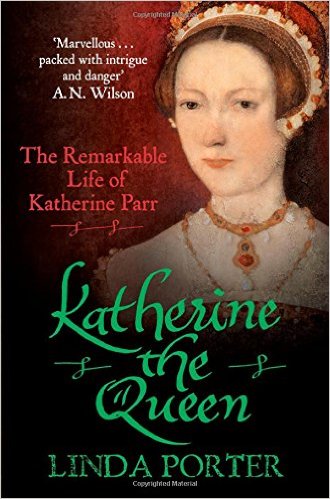
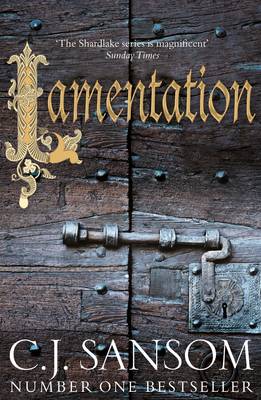
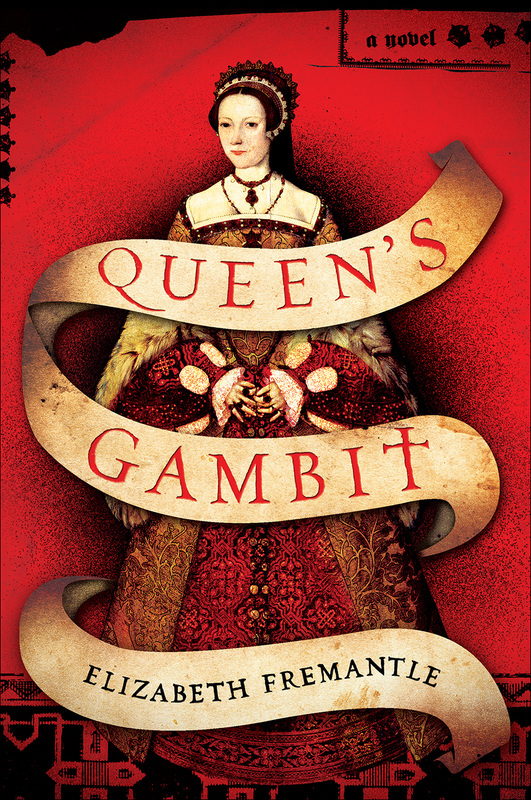
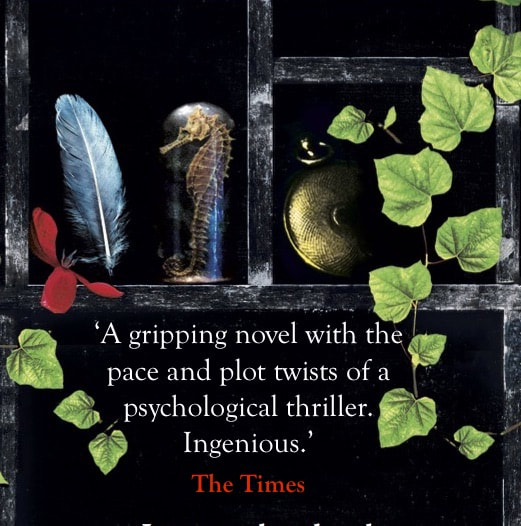

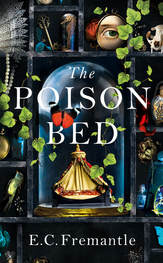

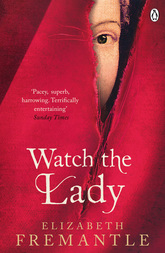
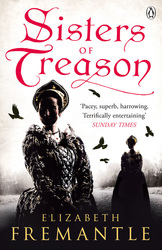
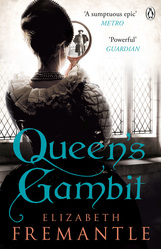
 RSS Feed
RSS Feed
